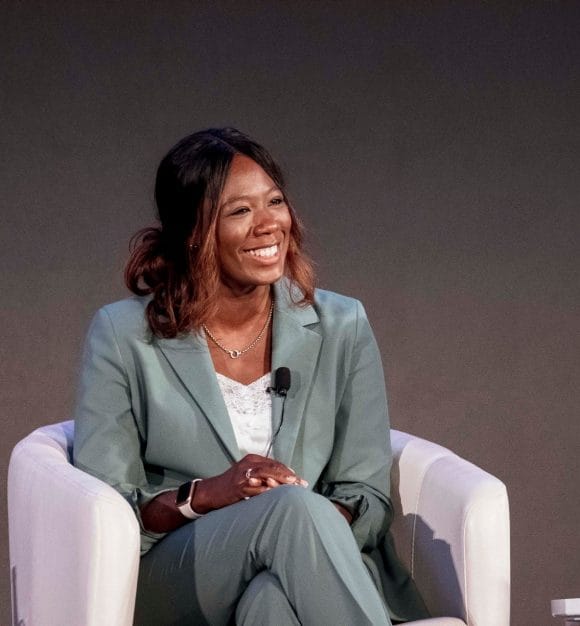Interview
Kate Kallot: Addressing Africa’s environmental data scarcity is key
Kate Kallot founded a company, Amini, to address the shortage of trustworthy, inexpensive environmental data for Africa. Time magazine rated her one of the 100 most influential people in AI in 2023.








